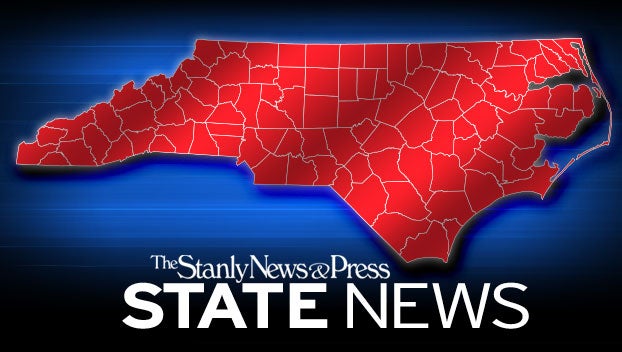BBB Scam Alert: Fake events, phony tickets take festival goers by surprise
Published 9:04 am Friday, June 24, 2022
|
Getting your Trinity Audio player ready...
|
From the Better Business Bureau:
Many people are looking forward to fun festivals this summer. As usual, scammers are taking advantage of the building excitement. This time, they are cashing in with phony tickets — and even fake events.
How the scam works
You see a fantastic deal on tickets to a summer festival in your area, usually through a link on social media.
The event promises live music, all-you-can-eat meals, craft beer or wine, or other fun activities.
When you click the social media link, it takes you to a professional website with fantastic pictures.
You enter your credit card information to buy tickets, and you think you are all set. But before you buy, do a little research. Whether the event is non-existent, merely disappointing, or you just bought phony tickets, the result is the same: someone pockets your hard-earned money!
BBB Scam Tracker has received numerous reports from people who purchased fake tickets to real events or bought tickets to events that never materialized.
A customer in Memphis reported buying tickets for $82.50 to a “Bubble Run” in June 2022 that never happened: “Facebook event page advertised the Bubble run as a free event. I purchased 4 ‘entries’ with glasses and tutus and they charged my debit card. They then canceled the event, refuse to respond to emails. They are still advertising on Facebook like the event is happening.”
One consumer who purchased tickets to a fake beer crawl reported: “Reviews across multiple platforms make it clear that these events are at best extremely misleading or at worst canceled. No refunds are given, even when their inconsistent and mostly-unreachable customer service email address responds to confirm a refund will be provided.”
How to spot a fake festival
● Research before you buy. Search online for the festival’s name and ensure the name advertised
matches the website. Scammers often use names that sound similar to those of real festivals.
● Check for (working) contact information. Be sure the festival website has a real phone number and email address.
● Watch out for prices that sound too good to be true. There is no way a festival can offer tickets at extremely low prices without losing money. If the prices are much lower than elsewhere, it’s likely a
scam.
What can you do?
● Pay with a credit card. You can dispute the charges if the business doesn’t come through. Be wary of online sellers that don’t accept credit cards.
● Look for secure sites. The website should begin with HTTPS (the extra “s” is for secure) and have a little lock symbol on the address bar.
● Avoid tickets sold on Craigslist, Facebook Marketplace, and other free online listings. Scammers are skilled at providing realistic tickets and fake receipts. Check out third-party ticket sites at BBB.org before making purchases.




